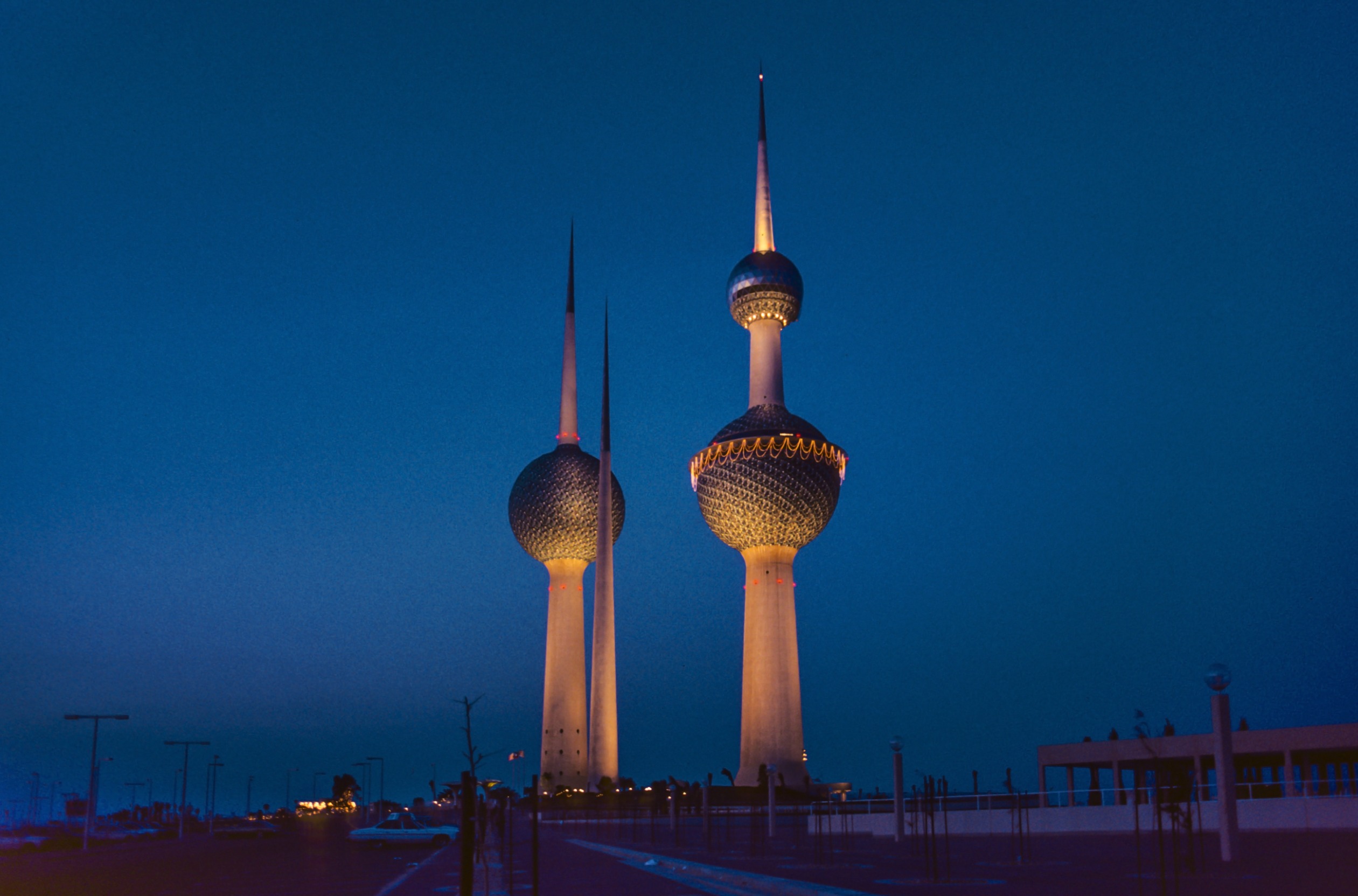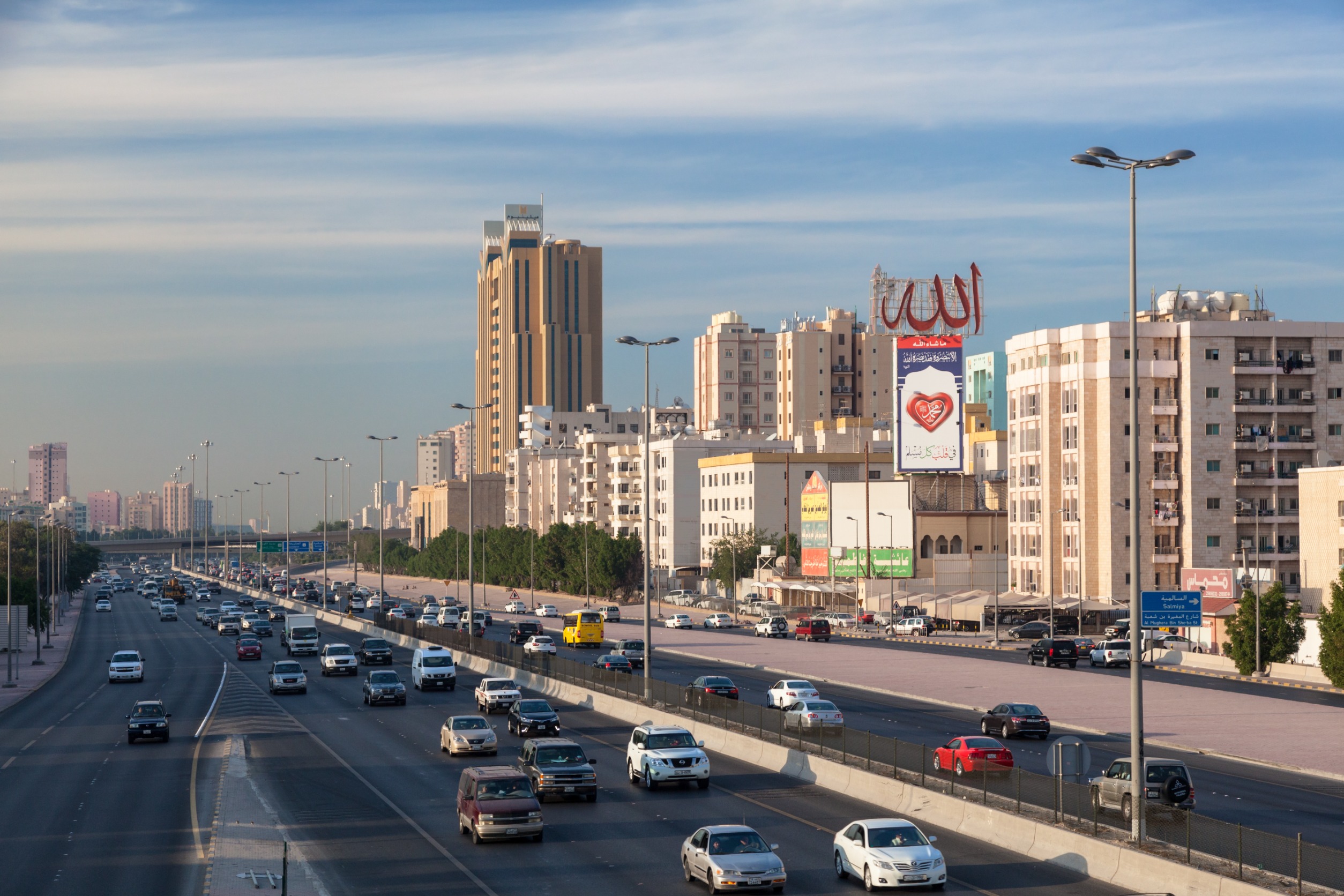
Kuwait's narrative is not just a tale of a country but a chronicle of civilisation, culture, and innovation that intertwines the ancient with the avant-garde. This nation, cradled by the Persian Gulf's waters, offers a compelling story of resilience, prosperity, and a forward-looking vision.
Historical Foundations: The Cradle of Prosperity
The roots of Kuwait's history are deeply embedded in ancient civilisations, with archaeological evidence pointing to its significance as a part of Mesopotamia's intricate trade networks. The region's strategic maritime location fostered its role as a bustling port city, integral to the trade routes that connected the Indian Ocean with the hinterlands of the Arabian Peninsula.
By the 18th century, Kuwait emerged as a sovereign entity, establishing itself as a vital commercial hub. The Al-Sabah family, which still rules today, began their reign in the early 1700s, steering Kuwait through periods of prosperity and challenge. The discovery of oil in the 1930s catapulted Kuwait into unprecedented wealth, marking a new chapter in its history and reshaping its societal and economic landscape.
Cultural Richness: A Tapestry of Traditions and Modernity
Kuwaiti culture is a vibrant mosaic of traditions, arts, and social customs, reflecting the Bedouin and maritime heritage that has shaped its identity. Hospitality is a cornerstone of Kuwaiti culture, with social gatherings and meals playing a central role in fostering community ties.
Kuwait's artistic expressions are varied and rich, from traditional music and dance to contemporary art and theatre. The "Sawt" music genre, a distinctive form of urban music that evolved in Kuwait, remains a beloved cultural treasure. The Kuwaiti diwaniya, a traditional gathering space, serves as a forum for social, political, and cultural discourse, illustrating the importance of dialogue in Kuwaiti society.
Culinary traditions in Kuwait are a testament to its historical trade connections, offering a palate of flavours influenced by Arabian, Persian, Indian, and Mediterranean cuisines. Dishes like Machboos (spiced rice with meat or fish) and Muhammar (sweet rice dish) are staples, showcasing the region's rich culinary heritage.
Embracing Modernity: A Vision for the Future
Kuwait has embraced modernity in recent decades, with its skyline punctuated by architectural marvels like the Kuwait Towers and the Al Hamra Tower. Despite rapid modernisation, there's a concerted effort to preserve cultural heritage and historical sites, reflecting a deep respect for the past.
Education and innovation are central to Kuwait's vision for the future, with significant investments in research and development, digital infrastructure, and sustainability initiatives. Establishing institutions like the Kuwait Foundation for the Advancement of Sciences (KFAS) underscores the commitment to fostering an environment of learning and innovation.
Kuwait - a transport hub in the Gulf

Kuwait's advantageous location and advanced infrastructure make it a major transport hub in the Gulf. Several important aspects of Kuwait's function as a transportation hub are as follows:
- Airports: Kuwait is the primary international airport. Kuwait International Airport is located in Kuwait.It is a significant hub for passenger and cargo flights, connecting Kuwait to various destinations worldwide. Many international airlines connect the airport with major cities across the Middle East, Europe, Asia, and other regions.
- Ports: The number of ports facilitates Kuwait's position as a transportation hub.Shuwaikh Port, situated in Kuwait City, is the most significant port. It is a significant commercial port that handles petroleum exports, general cargo, and containerised cargo. Another major port is the Shuaiba Port, mainly used for container shipping and industrial operations.
- Road network: Kuwait is a key transit hub for land traffic in the Gulf because of its well-maintained road system. The nation boasts substantial road networks with nearby countries like Iraq and Saudi Arabia. The flow of people and commodities between the countries in the region is facilitated by highways such as the King Fahd Causeway, which connects Kuwait and Bahrain.
- Regional connectivity: Kuwait is a natural transportation hub due to its central location among the Gulf Cooperation Council (GCC) nations. It makes it simple to travel to neighbouring nations, including Oman, Qatar, Bahrain, Saudi Arabia, and the United Arab Emirates. Kuwait is appealing to visitors, logistical businesses, and business travellers due to its advantageous location.
- Free trade zones: Kuwait has created industrial and free trade zones, like the Al-Khiran Industrial City and the Shuwaikh Free Trade Zone. These zones support Kuwait as a hub for trade and logistics by offering incentives to companies. They provide spaces for manufacturing, distribution, warehousing, and other business endeavours.
- Connectivity infrastructure: Kuwait has invested in improving connectivity and easing trade by developing its transport infrastructure. This includes state-of-the-art airports, vast road systems, and initiatives like Kuwait International Airport's expansion to accommodate growing air traffic. Kuwait has established itself as a major transport hub in the Gulf due to its advantageous position, well-connected ports, airports, and road networks, as well as its trade-friendly regulations.
Kuwait is a prominent global oil producer.
- Ownership: Kuwait Petroleum Corporation (KPC), a state-owned enterprise, is Kuwait's principal owner and operator in the oil sector. KPC oversees several oil industry businesses, including marketing, refining, production, and exploration.
- Volume: Kuwait is well-known for having large oil reserves. Kuwait has proved oil reserves of about 101.5 billion barrels as of the cutoff date in September 2021, which makes up about 6% of the world's total oil reserves. Production agreements, the state of the market, and other variables all affect the volume of oil produced. However, Kuwait has continuously ranked among the world's top oil producers.
- Quality: High-quality oil is a hallmark of Kuwaiti oil. Its comparatively low sulphur concentration qualifies it as a medium to heavy crude oil. Because of the country's oil's favourable refining qualities and capacity to yield refined petroleum products is in high demand on the international market.
- Oil industry infrastructure: Kuwait's oil production and export operations are supported by a sophisticated infrastructure. The nation has a vast network of export terminals, storage facilities, pipelines, and oil fields. These infrastructure components are essential for effectively extracting, processing, and transporting oil.
- International partnerships: Kuwait has joined several international alliances and joint ventures with major oil firms to improve its production capacity and facilitate knowledge transfer. These collaborations have aided in discovering and growing new oil fields and applying cutting-edge methods for oil recovery.
- OPEC membership: The Organisation of the Petroleum Exporting Countries (OPEC) includes Kuwait as a member. As an OPEC member, Kuwait participates in international talks and agreements on oil production levels, prices, and market stability.
Environmental Stewardship and Sustainability
Kuwait's environmental conservation and sustainability approach reflects a growing awareness of the need to balance development with ecological preservation. Initiatives to combat desertification, protect marine life, and develop renewable energy sources indicate Kuwait's commitment to environmental stewardship.
Kuwait in the Global Arena
Kuwait's foreign policy and humanitarian efforts have positioned it as a critical regional and global diplomacy player. Its contributions to conflict resolution, humanitarian aid, and cultural exchange programs underscore its commitment to fostering international peace and understanding.
Tourists’ Safety in Kuwait
Most people agree that travelling to Kuwait is safe. The government ensures residents' and visitors' safety and upholds security, which are top priorities. as with any destination, it is crucial to follow a few simple safety measures to guarantee a fun and safe travel:
- Stay informed: Verifying the most recent travel warnings and information from your nation's foreign affairs or state department before visiting Kuwait is a good idea. This will help you remain apprised of prospective travel restrictions or safety issues.
- Regarding local customs and laws: Kuwait is an Islamic nation with conservative traditional values. Respecting regional laws, traditions, and customs is vital. Wear modest clothing, especially in places of worship and public spaces. Refrain from showing affection in public and be aware of regional sensitivities.
- Be cautious with your belongings: It is wise to take safeguards against small-time theft, just as in any urban setting. Take extra precautions when handling your belongings in crowded areas or on public transportation. Keep your cash as minimal as possible, and keep valuables in the hotel safe.
- Observe traffic laws: Kuwait has a sophisticated road system, but drivers can be hostile, and traffic can be heavy at times.When crossing the street, use caution, buckle up, and obey traffic laws—having the necessary documentation and a valid driving license to rent a vehicle.
- Health and hygiene: Kuwait has excellent medical care, but it is always a good idea to carry travel insurance that will pay for unexpected medical costs. Take the required safety measures and drink bottled water to prevent foodborne infections. To stop the spread of illnesses, practise good hygiene by regularly washing your hands.
Kuwait is normally safe, but since things can change at any time, it is advisable to use common sense and remain alert. Having a secure and enjoyable trip to Kuwait is possible if you pay attention to your surroundings and observe local traditions.
Conclusion: The Symphony of Tradition and Progress
Kuwait is a country where the echoes of history resonate amidst the rhythms of modern life. It is a place where the warmth of its people, the depth of its culture, and the vision of its leaders converge to create a society that is as resilient as it is welcoming. As Kuwait continues to chart its course into the future, it does so with a deep reverence for its past and an unwavering optimism for what lies ahead, embodying a unique blend of tradition and progress.
FAQS
What is the significance of Kuwait in terms of history and culture?
Kuwait is uniquely positioned where history and modernity intersect, boasting a rich cultural tapestry that blends traditional values and contemporary influences.
How does Kuwait showcase the fusion of past and present in its cultural landscape?
Kuwait's architecture, cuisine, and arts exemplify the harmonious coexistence of historical traditions with modern innovations, offering a captivating glimpse into its cultural evolution.
What are some must-visit historical sites in Kuwait for travellers interested in its heritage?
Visitors can explore iconic landmarks like the Kuwait Towers, Sadu House, and Souq Al-Mubarakiya to immerse themselves in Kuwait's history and heritage.
How does Kuwait's modernity coexist with its historical roots in everyday life?
Kuwait seamlessly integrates modern amenities, such as luxury shopping malls and skyscrapers, with traditional customs like pearl diving and dhow sailing, showcasing a dynamic blend of past and present.
How has Kuwait's history influenced its current cultural identity?
The legacy of ancient civilisations, maritime trade routes, and Bedouin heritage has shaped Kuwait's cultural identity, contributing to a unique tapestry that reflects the country's historical journey.
Are there any cultural festivals or events that showcase Kuwait's vibrant heritage?
Cultural events like the Hala February Festival, the Kuwait International Book Fair, and the Sheikh Abdullah Al-Salem Cultural Centre exhibitions offer platforms to celebrate Kuwait's diverse heritage and artistic achievements.
What makes Kuwait's cultural tapestry truly unforgettable for visitors worldwide?
The seamless fusion of history and modernity, the warmth of Kuwaiti hospitality, and the diverse cultural experiences make Kuwait a destination where travellers can witness the beauty of a rich and captivating cultural tapestry.
To obtain a Kuwait eVisa
-
Step1: Complete the online application by providing your passport details.
-
Step2: Submit payment online using a credit card.
-
Step3: Monitor your email for confirmation of payment and receipt of your eVisa, which will be sent electronically.

1